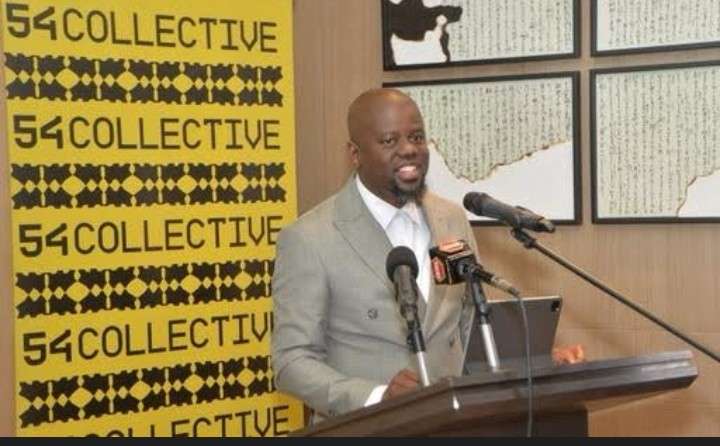African venture builder 54 Collective, formerly known as Founders Factory Africa, has ceased its venture studio operations after a legal dispute with one of its principal backers, the Mastercard Foundation.
The fallout came after allegations surfaced that the organisation had misused restricted charitable funds meant to support tech entrepreneurs across Africa. A court subsequently ruled that 54 Collective had wrongly diverted grant money to finance a rebranding exercise, and the firm’s attempt to shield itself through bankruptcy protection failed.
This led to the court-ordered liquidation of its operating arm, Africa Founders Ventures (AFV), effectively ending its startup incubation efforts on the continent.
A Promising Start Ends in Controversy
Originally launched in London in 2015, Founders Factory expanded into Africa in 2018 with operations in Johannesburg, partnering with Standard Bank to power tech innovation.
Over time, it attracted support from institutional giants like Netcare for health innovation and Small Foundation for agri-tech. In 2023, Mastercard Foundation and Johnson & Johnson injected a combined US$114 million to scale its model and reach more African founders.
This funding supported programmes such as the Gen F accelerator and Entrepreneur Academy.
Termination and Legal Wrangle
In early 2024, the Mastercard Foundation abruptly terminated its partnership, citing “diverging strategies.” Internal shakeups followed, including job cuts.
However, the situation escalated when court documents revealed that 54 Collective had used some of the restricted funding for its corporate rebrand, an expense the Mastercard Foundation did not approve. In response, the company attempted to declare bankruptcy to avoid repaying the grant, a move struck down in court.
End of the Road for Africa Founders Ventures and Industry Reaction
The legal battle culminated in the liquidation of Africa Founders Ventures, the entity behind 54 Collective’s Africa operations. The closure marks a significant setback for the African tech ecosystem, which had looked to the studio for mentorship, funding, and scale-up opportunities.
The Mastercard Foundation has not publicly commented on the final ruling but is reportedly exploring new strategies to support African innovation more directly.
“This is a wake-up call for the startup ecosystem,” said an Ilorin-based tech analyst. “When philanthropic capital is mismanaged, it hurts trust across the board, and startups are the first to feel the chill.”
The future of 54 Collective’s non-African operations remains unclear at the moment of writing this report.
Talking Points
This incident serves as a stark reminder of the importance of transparency and responsible governance, especially when philanthropic capital is involved.
For an ecosystem still in its formative years, such scandals can damage donor confidence and limit future funding for startups. It also raises questions about oversight in Africa’s venture support structures.
While innovation and scale are vital, they must go hand-in-hand with strict financial accountability. The collapse of 54 Collective sends a clear message: without strong ethical foundations, even the most ambitious initiatives can falter, and harm the very communities they aim to uplift.





